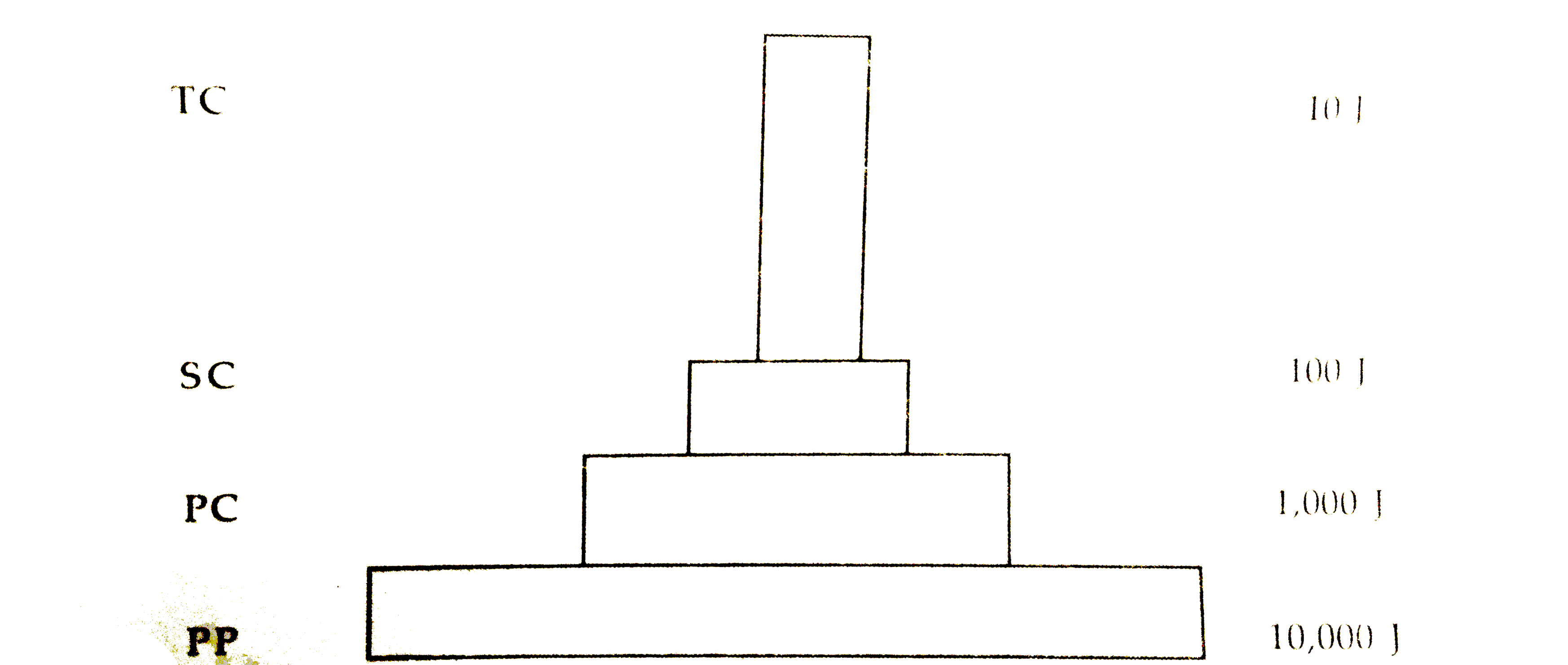Although carbocations are always planar but carbanions and free radicals can assume either planar or pyramidal geometry. Why is it so ? Explain.
Text Solution
The simple alkyl carbanions are pyramidal. For example,

However, carbanions in which the C-atom carrying the negative charge is adjacent to a double bond or a benzene ring, are planar due to stabilization by resonance. Thus, allyl and benzyl carbanions are planar.


Most of the free radicals are planar but free radicals in which the carbon atom carrying the odd electron is connected to a bridge head carbon or highly electronegative element are pyramidal. For examples. CF3 has pyramidal shape.
|
Topper's Solved these Questions
- ORGANIC CHEMISTRY-SOME BASIC PRINCIPLES TECHNIQUESBOOK - PRADEEPCHAPTER - ORGANIC CHEMISTRY-SOME BASIC PRINCIPLES TECHNIQUESEXERCISE - Analytical Questions and Problems with Answers/Solutions (Problems)
4 Videos
- ORGANIC CHEMISTRY-SOME BASIC PRINCIPLES TECHNIQUESBOOK - PRADEEPCHAPTER - ORGANIC CHEMISTRY-SOME BASIC PRINCIPLES TECHNIQUESEXERCISE - Competition Focus (Jee (Main and Advanced)/Medical Entrance) I. Multiple choice Questions (With One Correct Answer)
135 Videos
- ORGANIC CHEMISTRY-SOME BASIC PRINCIPLES TECHNIQUESBOOK - PRADEEPCHAPTER - ORGANIC CHEMISTRY-SOME BASIC PRINCIPLES TECHNIQUESEXERCISE - Additional Questions (Long Answer Type Questions)
10 Videos
- HYDROGEN BOOK - PRADEEPCHAPTER - HYDROGEN EXERCISE - COMPETITION FOCUS (Assertion-Reason Type Questions) Type 2
15 Videos
- P-BLOCK ELEMENTS (NITROGEN FAMILY)BOOK - PRADEEPCHAPTER - P-BLOCK ELEMENTS (NITROGEN FAMILY)EXERCISE - Competition focus jee(main and advanced)/ medical entrance special) (VIII. Assertion-Reason Type Questions)
10 Videos
Similar Questions
Knowledge Check
The most Carbocations, carbanions, free radicals and radical cation are reactive carbon intermediates. Their hybrid orbitals respectively are
Asp2,sp2,sp3,spBsp2,sp2,sp,sp3Csp2,sp3,sp2,spDsp3,sp2,sp,sp2An organic reaction occurs by using reagents called electrophiles and nucleophiles via the formation of some reactive intermediates called carbocations, carbanions, free radicals, carbenes, nitrenes, radical cations, and radical anions.
Which of the following contains nucleophiles only ?APH3,ROH,CH2=CH2BSnF4,BeF2,NH3CCr3+,ӨNH2,H2OD:CCl2,IӨ,HӨAn organic reaction occurs by using reagents called electrophiles and nucleophiles via the formation of some reactive intermediates called carbocations, carbanions, free radicals, carbenes, nitrenes, radical cations, and radical anions.
Which of the following contains electrophiles only ?ABr⊕,PH3,H2OBNO⊕2,:CBr2,SO3CNH3,H2O,A1Br3DA1C13,CH2=CH2,SO3
Why the pyramid of energy is always upright? Explain.

View SolutionWhy the pyramid of energy is always upright ? Explain.
View SolutionWhy less stable carbocations tend to rearrange to more stable carbocations but carbanions and free radicals do not ? Why so ? Explain.
View SolutionWhy should one always use purest monomer in free radical polymerization ?
View SolutionThe most Carbocations, carbanions, free radicals and radical cation are reactive carbon intermediates. Their hybrid orbitals respectively are
View Solution
